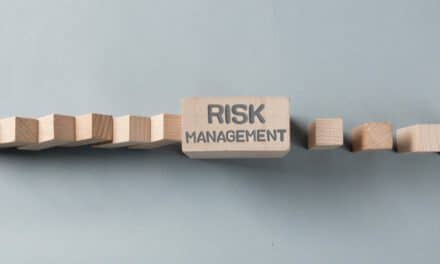Fujifilm Healthcare Americas Corp. has received U.S. FDA 510(K) clearance for CAD EYE, an artificial intelligence (AI) detection system for endoscopic imaging. CAD EYE allows real-time detection of colonic mucosal lesions such as polyps and adenomas during colonoscopy procedures, aiding endoscopists in identifying and removing pre-cancerous lesions, regardless of size, shape, or color.
CAD EYE is an upgrade to Fujifilm’s ELUXEO Endoscopic Imaging System, integrating AI image processing. Developed using deep learning technology at Fujifilm’s Tokyo AI center, CAD EYE is validated through studies using polyps from Fujifilm endoscopy systems. It improves lesion detection, particularly for flat or peripheral lesions, with visual and auditory alerts for suspicious polyps, seamlessly integrated into the physician’s workflow.
“Colorectal cancer is the second-leading cause of cancer deaths in U.S. women and men combined, despite screening—primarily colonoscopy —being one of the most reliable and effective methods for cancer prevention and early intervention,” says Tai Fujita, Fujifilm’s general manager of endoscopy. “Every day we pride ourselves on delivering what we believe is the highest quality imaging and optics, arming endoscopists with the tools they need to combat this public health issue. Today, we’re thrilled to take that a step further with the introduction of CAD EYE, which has the potential to dramatically improve the quality of colonoscopy.”
Research indicates that CAD EYE can improve colorectal cancer detection and diagnosis by:
- Detects more adenomas during screening and surveillance compared to conventional high-definition colonoscopy without AI assistance, without any increase in procedure time.
- 17% higher adenoma per colonoscopy compared to high-definition convectional colonoscopy.
- Detects colorectal neoplastic lesions at a level comparable to that of an expert and superior to that of a beginner.
“As a gastroenterologist dedicated to patient care and safety, I’m heartened by the FDA’s approval of Fujifilm’s AI CAD polyp detection algorithm,” says Sravanthi Parasa MD FASGE, a gastroenterologist at Swedish Medical Center in Seattle. “This breakthrough not only enables the early detection of precancerous lesions that can lead up to colorectal cancer but also significantly reduces the risk of missed lesions, enhancing our precision and improving patient outcomes.”






